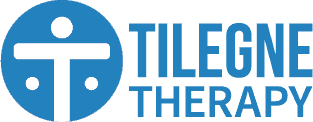Leading Speech Therapists Melbourne
Who Can Speech Therapists Help?

Speech Therapy For Adults Melbourne
Our adult-based speech pathologists are skilled in assisting those that have trouble with swallowing as well as cognitive difficulties that may have arisen from medical conditions such as stroke or Parkinson’s.
Our adult-based Speech Pathologists can help with the following areas:
- Swallowing And Eating Dificulties (Dysphagia)
- Speech And Articulation
- Expressive Language (Use of words, sentences, gestures and writing to convey meaning)
- Receptive Language (understanding)
- Voice Therapy
- Functional Communication (augmentative and alternative communication, e.g., iPad)
- Tracheostomy
- Improve The Appearance Of Texture-Modified Foods, Including Appealing Recipes For Smoothly Pureed Diets
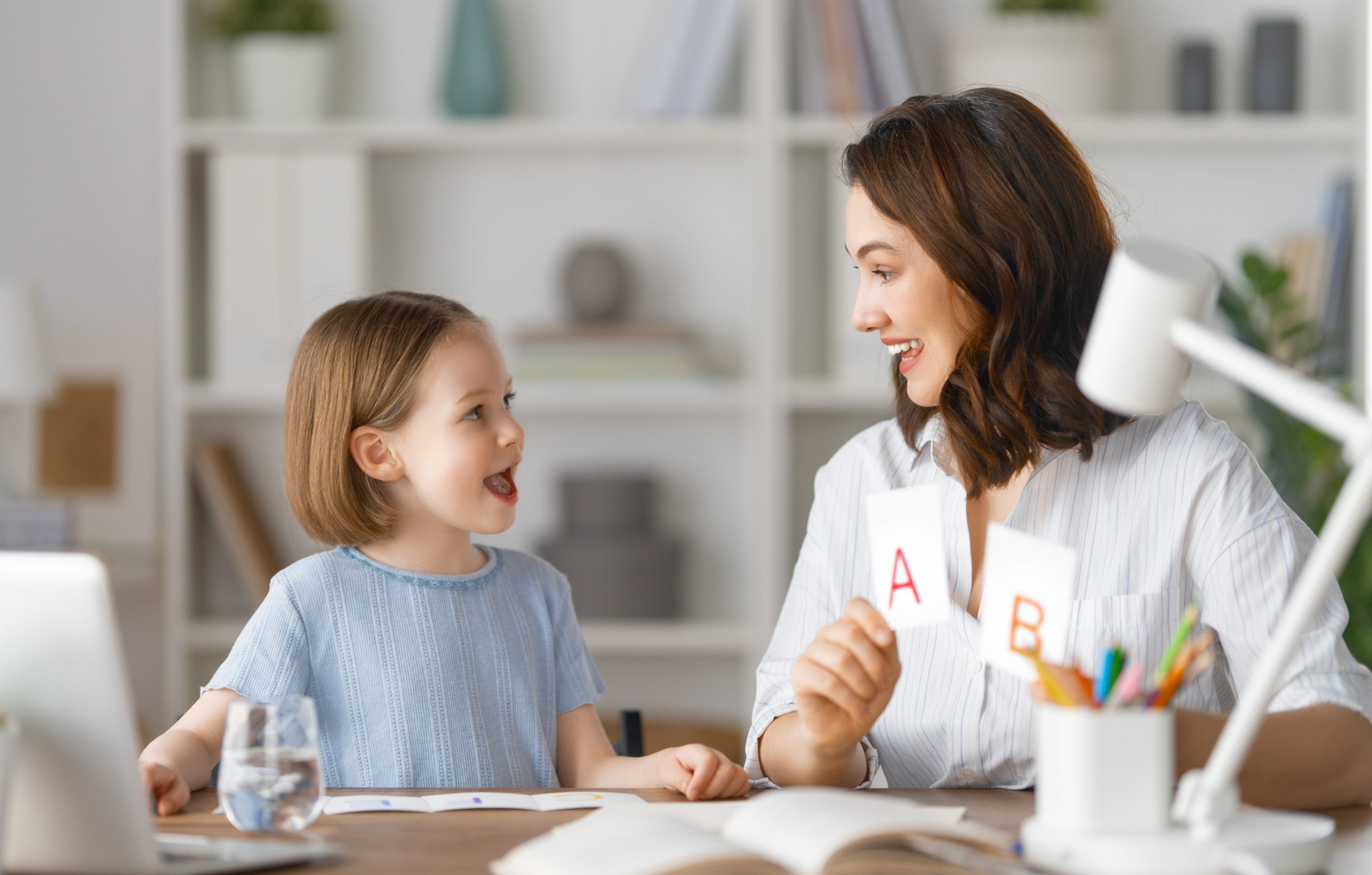
Speech Therapy For Children Melbourne
Our pediatric speech pathologists are skilled in assisting your child from birth to 18 years to communicate, eat and play. We are passionate about working with children to help in the following areas:
- Hanen, TalkTools, Social Skills, DIR Floortime, Articulation & Stuttering Programs
- Autism Spectrum Disorder (including diagnostic assessments)
- Speech Clarity
- Expressive Language (Use of words, sentences, gestures and writing to convey meaning)
- Receptive Language (Understanding)
- Functional Communication (Augmentative and alternative communication, e.g. Proloque2Go, iPad)
- Reading / Writing (Literacy)
- Group Programs And Education For Parents And Carers To Maximise Learning Potential
View More Services
Tilegne Therapy is a multidisciplinary clinic that offers Speech, OT, Music Therapy and dietetics. We aim to offer a service where our therapists can work together in order to support the goals of each patient.
Why Choose Tilegne Speech Therapists ?
We Know We Are Impacting Your Child’s Life
Our speech therapists know that their programs and intervention are helping a child communicates, and that functional communication skills will help the child throughout their whole life. This is what motivates us everyday to create engaging therapy activities to focus their learning while making speech therapy fun.
We Empower And Educate Parents / Caregivers
The most important influence on achieving speech therapy goals is the family members/caregivers who provide support outside of therapy sessions. We understand that teachable moments happen in every moment, and we will empower families to make the most of such moments by providing feedback, resources and tips to use at home.

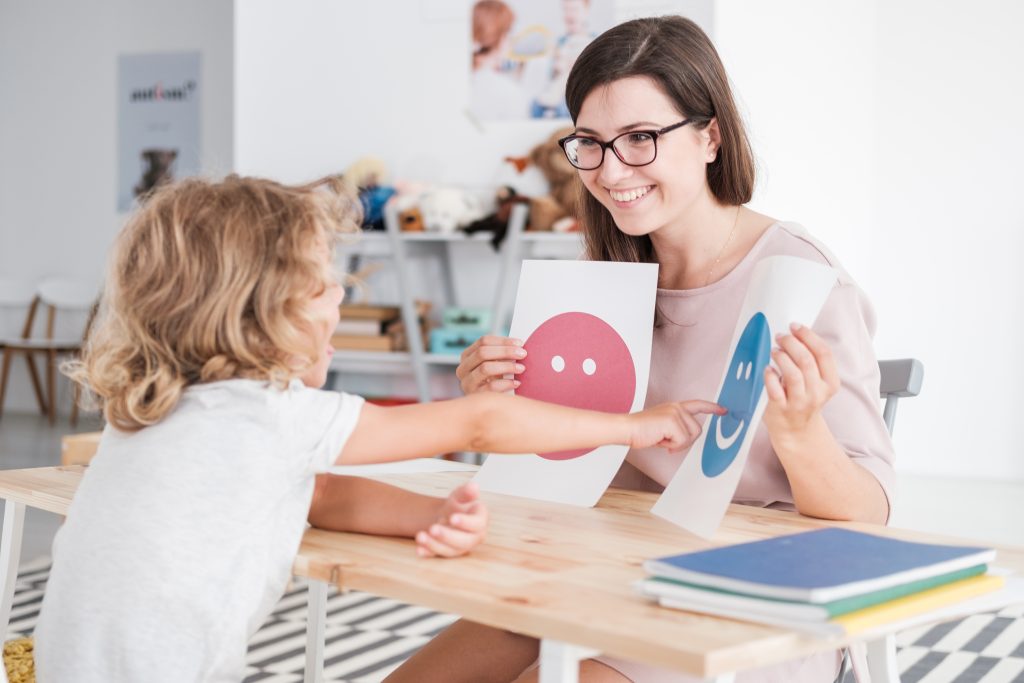
Our Quest For Learning Never Ends
We know our clients deserve the best treatment approach, and it is this passion that drives us to regularly update our clinical skills and participate in ongoing professional development programs. Our speech pathologists hold full registrations with their professional associations and keep updated with the latest research in evidence-based practice in order to offer the most effective intervention for your needs.
Our Ability To Work With Clients With Diverse Needs
We know our clients deserve the best treatment approach, and it is this passion that drives us to regularly update our clinical skills and participate in ongoing professional development programs. Our speech pathologists hold full registrations with their professional associations and keep updated with the latest research in evidence-based practice in order to offer the most effective intervention for your needs.
Customised Treatment Strategies For Every Client
Because we know that every client is a unique individual, despite having the same “diagnosis”, we tailor our therapy programs to make it fun, efficient and outcomes-driven, according to the needs of each client, taking into account aspects of their environments, abilities and caregiver support. Our customised speech treatment programs adhere to research-based practice, and speech therapy goals are targeted using the SMART framework.
Bilingual, Experienced Clinicians To Maintain Ties To Cultural Roots
Our time bilingual speech pathologists can provide speech therapy in Cantonese, Mandarin, Hindi, Nepalese, Spanish and Melayu. A bilingual speech assessment helps us to determine the true cause of a bilingual child’s communication difficulties. Bilingual speech therapy can move a client through their goals while taking into account language, accent, and dialect differences. This means the child does not have to give up on their mother tongue and can continue to maintain their cultural ties and bond with parents who may only speak a native language.

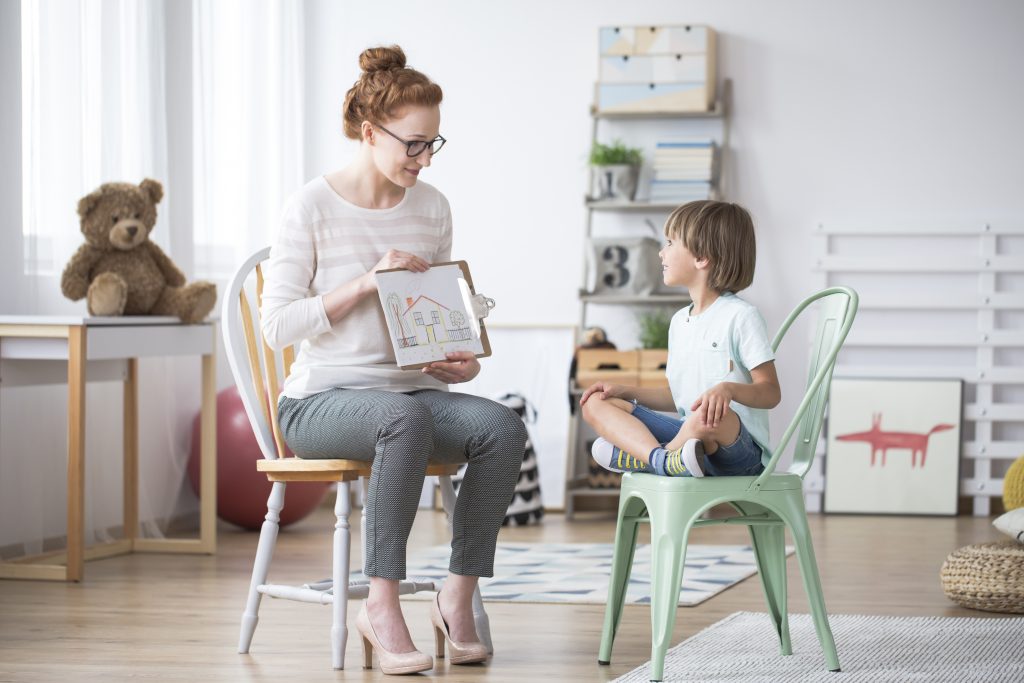
We Offer Something For Busy Parents
We offer a range of speech therapy options such as Saturday- appointments, school-based, childcare or Telehealth sessions. We also assist in understanding the range of funding options that may be available for your child. We are registered with Medicare, NDIS and private health insurers for suitable clients.
We Believe That Therapy Progress Can Be Made Anytime / Anywhere
Waiting times are stressful and clients’ learning potential could be stifled if intervention is delayed. We also believe that neuroplasticity happens at any age, and progress can be achieved with the right team, right motivation and effort and effective therapy programs. With our large team of experienced therapists, we can offer sessions with minimal wait times. Let us help you develop your potential in life.
Speech Therapy Process
A booking for an initial assessment will be matched to the most suitable therapist. Upon receiving your concerns and conducting initial
assessments you may receive verbal feedback or pay for a comprehensive report with findings of the assessment.
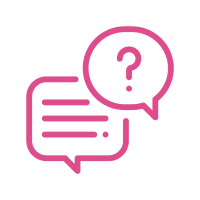
Case History Questionnaire
You may be asked to fill out a form to provide information regarding your prior medical history and your concerns relating to your condition. The therapist may discuss this information to assist with assessment and speech therapy planning.

Initial Assessment
Your speech therapist may use informal and/or formal assessments to identify your child’s strengths and needs. If required, with your consent, the therapist can go to your child’s school or your home to obtain more information. If your child has been seen by other health professionals (e.g. psychologists, occupational therapists), it will be beneficial to bring the reports so that the speech therapist can get a better understanding of your child’s development and associated concerns. Several areas of development will be assessed, such as attention, listening skills, articulation, understanding, use of language and oral-motor functions.

Analysis of Assessment Results
Upon completion of the assessments, your therapist will spend time analysing and making recommendations on areas of concern. If a formal assessment report is requested kindly note that it is chargeable.

Speech Therapy Sessions
Depending on the assessment, your speech therapist may recommend therapy sessions with the frequency to be determined upon discussion. Therapy sessions can be conducted in the clinic, at home, at school or via telehealth. Ongoing guidance and feedback will be provided to carers to work with the child outside of therapy sessions to facilitate goal achievement. Speech therapy goals are targeted in an evidence-based approach using the SMART framework (Specific, Measurable, Agreed upon, Realistic, and Time-Based).
Our Speech Therapists Profiles

Louisa Ong
Clinical Manager & Senior Speech Pathologist | BSpPath(Hon)
Louisa is an experienced senior clinician who is committed to providing high-standards of clinical service provision in speech pathology. She completed her Bachelors of Speech Pathology (Honours) from Flinders University (2009). She developed valuable expertise and experience in a range of clinical skills and knowledge having worked in the public and private healthcare institutions in culturally diverse and multi-ethnic Singapore and Australia.She is fluent in Mandarin, Hokkien and some Malay. Louisa has developed high level interpersonal skills and is able to liaise with people from a diverse range of backgrounds. She is able to assist patients to better understand the partnerships within various healthcare professionals/ associations in the community sector in achieving greater communication outcomes.
Louisa is certified in the Hanen programs It Takes Two To Talk and More Than Words,Talktools for sensory processing disorders, DIR Floortime, amongst other credentials. She and her team have extensive experience with a broad range of communication and learning difficulties, including children with autism and developmental delay, and adults with swallowing & cognitive difficulties that may arise from medical conditions (e.g. Stroke, Parkinson’s), or head/ neck surgery or disability. Outside of work, Louisa enjoys connecting with nature and going bushwalking.

Meythini Kumar
Speech Pathologist BA(Hons)
Meythini is a practicing speech pathologist with special interests in motor speech disorders. Meythini enjoys working with clients of all ages and backgrounds. Being a multilingual speech pathologist, she provides services in English, Tamil and Malay. Meythini is also an active lifelong learner and regularly upskills with professional development events.
Meythini is certified in:
- PROMPT Level 1
- Hanen More Than Words program
- Speak Out and Loud Crowd Training
- MBS IMP
- TalkTools

Ji Hong Chan
Speech Pathologist | MSpPath | PGDip Public Administration
Ji Hong is a speech pathologist with special interest in voice and the relationship between communication and mental health. Ji Hong enjoys working with clients of all ages and backgrounds. His main areas of practice are child and adolescent language, speech and social communication. He also works with adults who have voice disorders and communication difficulties due to stroke and brain injury. Being a migrant and a multilingual speaker himself, Ji Hong is passionate about working with families from culturally and linguistically diverse (CALD) backgrounds. Ji Hong also loves to work collaboratively with other specialists to ensure the client and the family receive the best possible care. Ji Hong has a Bachelor of Arts (with Honours in Linguistics) and a Master of Speech Pathology from the University of Melbourne. Before becoming a speech pathologist, Ji Hong worked for the Malaysian government and completed a Post Graduate Diploma in Public Administration. Ji Hong is fluent in English, Mandarin and Malay. He also speaks Cantonese and Russian. Ji Hong loves classical music and has been taking vocal lessons in his free time. He finds his knowledge of the voice as a speech pathologist very helpful!
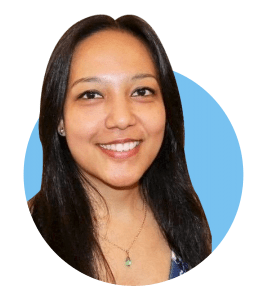
Alina Tuladhar
Speech Pathologist | MSpPath
Alina completed her Master of Speech Pathology at La Trobe University. She is passionate about supporting individuals and families affected by communication difficulties and bringing out the best potential that is within a child. Alina has worked across private practice, schools and healthcare institutions in Australia. She provides assessment and therapy to children with a variety of communication difficulties in the areas of speech, language, literacy and social communication. Her therapy sessions are designed to be fun and interactive whilst meeting the specific needs and interests of each child. Alina continually seeks to improve her skills as a clinician through professional development. She has completed training in Hanen More Than Words, social communication, Sensory Processing and Executive Functioning and DIR Floortime. Alina is fluent in English and Hindi. In her free time, she enjoys reading books and meditating.
Speech Therapy FAQs
FAQs
General Question
The majority of children with speech and/or language problems receive treatment through speech-language therapy.
A speech disorder is a difficulty with sound production. Among the speech abnormalities are the following:
- Articulation disorders: These are difficulties creating syllable-based sounds or pronouncing words inaccurately to the point that listeners are unable to grasp what is being spoken.
- Stuttering is a type of fluency impairment in which the flow of speech is disrupted by unexpected pauses, partial-word repeats (“b-b-boy”), or protracted sounds and syllables (sssssnake).
- Resonance or voice disorders: These are issues with the pitch, loudness, or quality of one’s voice that detract from the message being communicated. Some disorders may also cause a kid to experience pain or discomfort when speaking.
A language disorder is a difficulty comprehending or putting words together in order to express thoughts. Language problems may be receptive or expressive in nature:
- Receptive disorders are difficulties with language comprehension and processing.
- Expressive disorders include difficulties with word association, a restricted vocabulary, or an inability to utilise language in a socially suitable manner.
- Cognitive-communication disorders are characterised by difficulties with communication abilities such as memory, attention, perception, organisation, control, and problem solving.
Dysphagia/oral feeding disorders are abnormalities in one’s ability to eat or drink. They include chewing and swallowing difficulties, coughing, choking, and meal refusal.
SLPs, often known as Speech-language pathologists or Speech therapists, are trained in the study of human communication, its development, and its problems. SLPs evaluate oral/feeding/swallowing abilities, as well as speech, language, cognitive communication, and oral/feeding/swallowing capabilities. This enables them to determine the nature of a problem and the most effective treatment method.
SLPs possess the following characteristics:
- A minimum of a certified Bachelors or Master’s degree
- Certification/licensure by the state in the field
- Speech Pathology Australia-certified SLPs have completed a supervised clinical university course approved by SPA.
- Occasionally, speech assistants assist in providing speech-language services. They often hold a certificate or are undergoing four-year bachelor’s degree and work under the supervision of an SLP.
In speech-language therapy, an SLP works one-on-one with a child, in a small group, or in a classroom to help the kid overcome difficulties.
Therapists employ several techniques, including the following:
Language intervention activities: The SLP will connect with a child via play and conversation, stimulating language development through the use of pictures, books, objects, or ongoing events. The therapist may serve as a role model for proper vocabulary and grammar and may employ repetition activities to help the child develop language abilities.
Articulation therapy: Articulation exercises entail the therapist modelling appropriate sounds and syllables in words and phrases for the child, frequently during play activities. The level of play is appropriate for the child’s age and development. The SLP will demonstrate to the kid how to create certain sounds, such as the “r,” and may demonstrate how to move the tongue to produce certain sounds.
Oral-motor/feeding and swallowing therapy: The SLP may employ a range of oral exercises — such as face massage and a variety of tongue, lip, and jaw exercises — to improve the mouth muscles used for eating, drinking, and swallowing. Additionally, the SLP may offer varied food textures and temperatures to help the kid develop an awareness of his or her mouth cavity when eating and swallowing.
Children may require speech-language therapy for a variety of reasons, including the following:
- limitations of hearing
- developmental (cognitive, thinking) or other delays
- oral muscles that are weakened
- persistent hoarseness
- lip cleft or palate cleft
- autism
- difficulties with motor planning
- difficulties with articulation
- problems of fluency
- respiratory problems (breathing disorders)
- feeding and swallowing disorders
- traumatic brain injury
Therapy should begin as soon as possible. Children who start therapy early (before they’re 5 years old) tend to have better results than those who begin later.
This doesn’t mean that older kids won’t do well in therapy. Their progress might be slower, though, because they have learned patterns that need to be changed.
To find a specialist, ask your child’s doctor or teacher for a referral, check local directories online or search on SPA’s website for listings of licensed and certified therapists. Your child’s SLP should be licensed and have experience working with kids and your child’s specific disorder.
Parents are key to the success of a child’s progress in speech or language therapy. Kids who finish the program the quickest and with the longest-lasting results are those whose parents were involved.
Ask the therapist what you can do. For instance, you can help your child do the at-home activities that the SLP suggests. This ensures the continued progress and carry-over of new skills.
Overcoming a speech or language disorder can take time and effort. So all family members must be patient and understanding with the child.
In a word: none. The terms “speech therapist” and “speech pathologist” have been used for years as titles for persons who work with persons having communication impairments. In the past, the term “speech pathologist” was used by professionals to describe themselves, but the term most commonly used today is “speech-language pathologist” or “SLP.” Lay people have more often referred to us as “speech therapists,” “speech correctionists,” or even “speech teachers.”
These are all terms that describe the same profession, but “speech-language pathologist” is the preferred term because it captures the essence of our work (speech and language) and also signifies that we are qualified by our training and clinical experience to identify, assess, and provide remediation for pathological conditions of communication. The term “speech” is used to denote the components of vocal activity such as phonation (the production of a vocal tone via the larynx or “voice box”), articulation (the movement of the structures in the mouth to create speech sounds to produce words), resonance (the overall quality of the voice as well as the process that transforms the vocal tone into what we recognize as a person’s “voice”) and fluency (the timing and synchronization of these components of the complex speech act). “Language” refers to the comprehension and production of language, including the mode in which it is comprehended or produced (oral, gesturing, writing, or reading).
Even the term “speech-language pathologist” doesn’t quite capture the totality of our scope of practice. For example, speech-language pathologists also address the needs of persons who exhibit difficulties with cognitive functions (attention, memory, problem-solving), literacy, social interaction, and swallowing. Considering such a wide scope of practice, perhaps in the future, a new term will be coined to describe who we are and what we do.
Speech therapy usually begins with an assessment by an SLP who will identify the type of communication disorder and the best way to treat it.
Speech therapy for children:
For your child, speech therapy may take place in a classroom or small group, or one-on-one, depending on the speech disorder. Speech therapy exercises and activities vary depending on your child’s disorder, age, and needs. During speech therapy for children, the SLP may:
- interact through talking and playing, and using books, pictures other objects as part of language intervention to help stimulate language development
- model correct sounds and syllables for a child during age-appropriate play to teach the child how to make certain sounds
- provide strategies and homework for the child and parent or caregiver on how to do speech therapy at home
Speech therapy for adults:
- Speech therapy for adults also begins with an assessment to determine your needs and the best treatment. Speech therapy exercises for adults can help you with speech, language, and cognitive communication.
- Therapy may also include retraining of swallowing function if an injury or medical condition, such as Parkinson’s disease or oral cancer has caused swallowing difficulties.
Exercises may involve:
- problem solving, memory, and organization, and other activities geared at improving cognitive communication
- conversational tactics to improve social communication
- breathing exercises for resonance
- exercises to strengthen oral muscles
There are many resources available if you’re looking to try speech therapy exercises at home, including:
- speech therapy apps
- language development games and toys, such as flip cards and flashcards
- Workbooks
Children achieve a great deal throughout their first two years. They learn to crawl, walk, communicate, and socialise with others in a few months. The majority of the abilities your child acquires are age-appropriate. For example, the majority of newborns begin crawling between the ages of 6 and 10 months, and the great majority are competent walkers by the age of 15 months.
For speaking, the same milestones apply. Your kid should be able to utter their first word by the age of one and should know around twenty words by the age of 18 months. If your kid is behind one of these objectives, do not worry. Your child may simply be a slow learner of language and would benefit from working with a speech therapist.
If your kid is experiencing developmental difficulties, schedule an appointment with us at Tilegne Therapy. We provide a friendly and comfortable atmosphere for children in which they may acquire the necessary skills for success and a meaningful life. With three pediatric occupational therapists and a pediatric speech therapist on staff, we can assist your kid in acquiring the skills necessary to overcome any obstacles that may arise.
Want to improve your pronunciation of Australian English?
For non-native English speakers, would you like to learn how to reduce your accent to improve your pronunciation of Australian English? Click below for our free, no-obligation, screening to find out if the accent reduction program is for you.
Contact us, we are here to help
Our mobile therapists are able to visit your home
